Yuvraj Singh is one of the best ODI crickters India has produced in recent times. At his best, there is no player on the planet that you would rather than this stylish left-hander from Punjab. That silky flick through the on-side, that slap through mid-wicket that he plays with disdain, Yuvraj’s high bat-lift makes his game even more pleasant to watch.
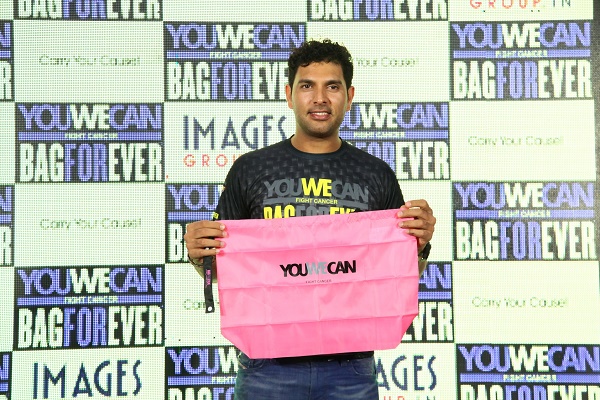
1. Yuvraj Singh father Yograj Singh is a former Indian fast bowler and Punjabi movie actor.
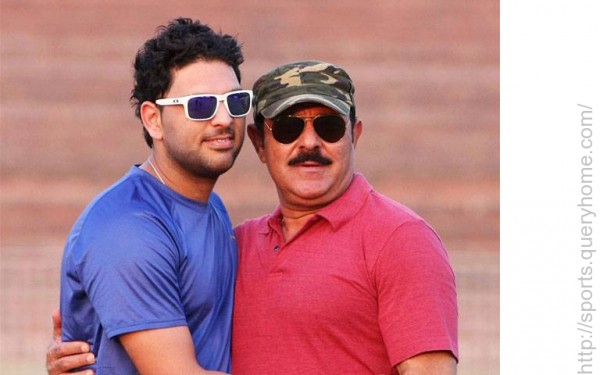
2. Yuvraj Singh is the only Indian crickter after Sachin Tendulkar to have been signed by English county Yorkshire, an honor few overseas players are bestowed upon.
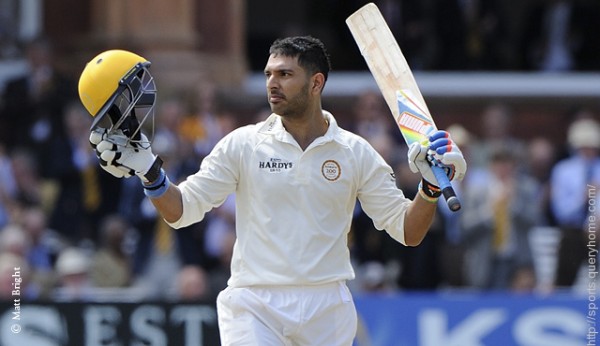
3. Yuvraj Singh was signed by Microsoft as a brand ambassador when the Xbox 360 video game console was launched in the Indian market way back in 2006.

4. He was an avid roller-skater as a child, and has also won the National Under-14 Roller Skating Championship.
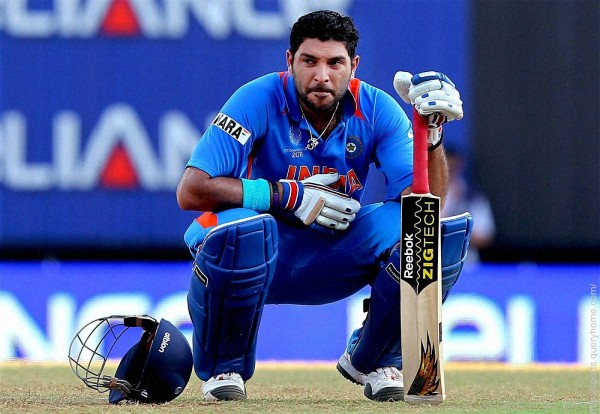
5. Why does Yuvraj Singh wear the No. 12 shirt? He wears the jersey with number 12, since his birth date is on 12th of December which is also the 12th month of the year. Yuvi considers 12 to be his lucky number. Moreover, he also wears a black thread on his wrist when he comes in to play.
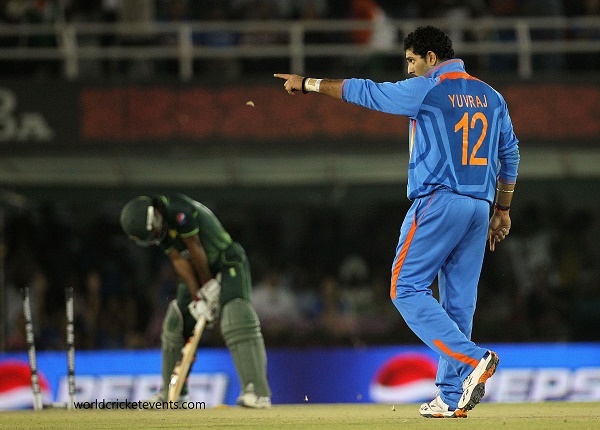
6. Yuvraj Singh is a huge Sachin fan since childhood. Yuvraj Singh cherishes those moments he spent on the crease with the master blaster, and rates that test in Chennai in 2008 when he had a crucial partnership with Sachin to win India the match as one of his greatest cricketing moments.

7. Yuvraj Singh used to study at Chandigarh’s DAV School. The Southpaw had the maximum attendance on the cricket pitch though, and it is said that Yuvraj broke a sign of the school’s name which used to be on the school’s wall with a barrage of huge sixes. Quite the naughty lad, eh?

8. When he was 7 years old, he kept insisting his mother to buy him a bicycle. When she finally agreed, Yuvraj Singh jammed the bicycle onto a rickshaw on the very first ride and ended up with 10 STITCHES.
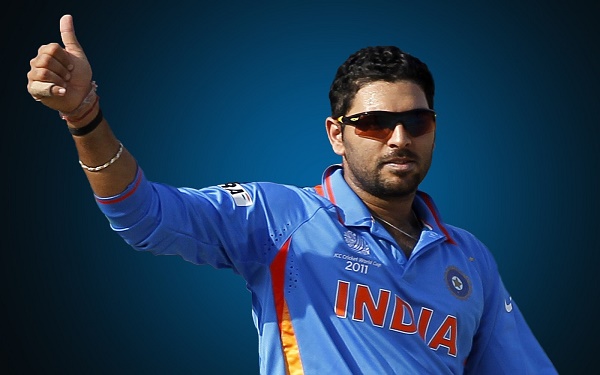
9. When one of Yuvraj Singh’s friends brought an air gun when they were young, and nobody could figure out how it worked, Yuvi took the matter into his own hands and accidently shot his friend in the stomach! Thankfully no damage was done!
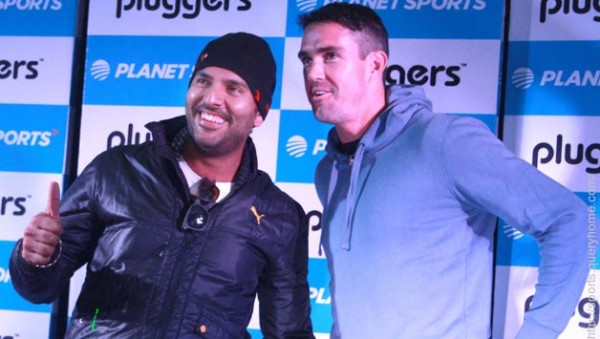
10. We all have heard about Yuvraj Singh’s battle with cancer, but did you know that Yuvraj Singh was diagnosed with a rare germ cell cancer between his lungs, for which he underwent three cycles of chemotheraphy in the United States.
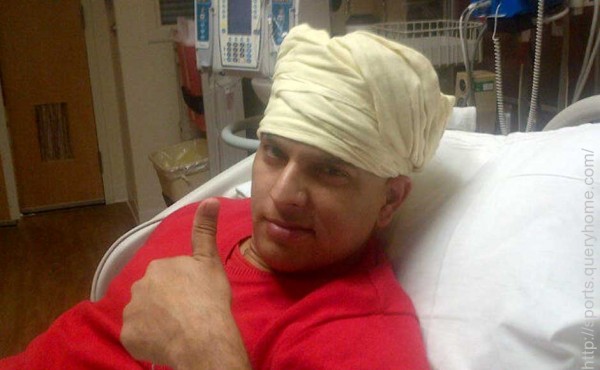
11. Yuvraj Singh has also done a Bollywood animated movie ‘Jumbo’. Yuvraj did a voice over in the movie produced by Akshay Kumar.
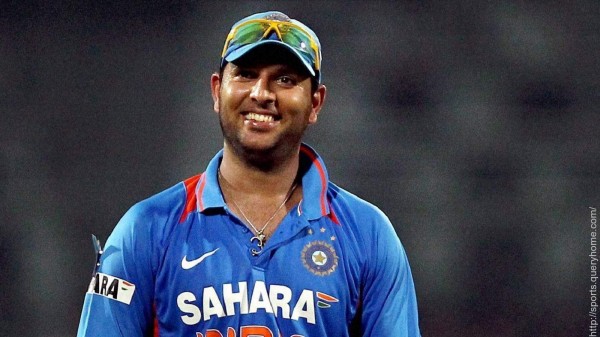
12. Yuvraj Singh has started a great initiative with ‘YouWeCan’, with which he plans to help cancer patients in their treatment. Excellent work Yuvi!



